Technology for a More Resilient and Innovative Education
The pandemic has caused a great disruption on how schools will and must operate as we move society despite the looming threat of infectious diseases.
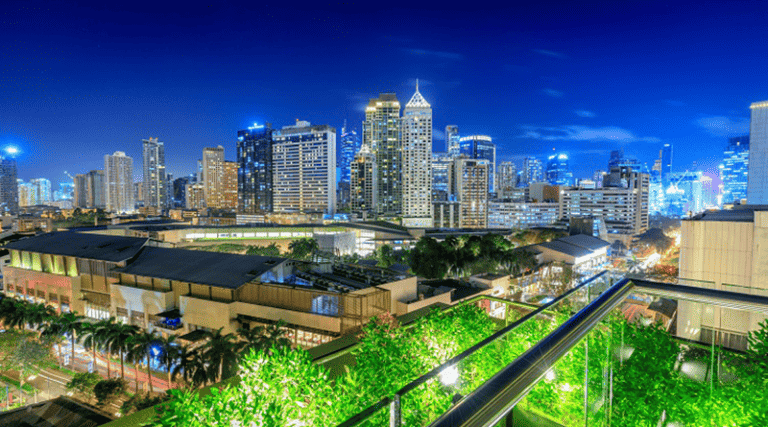
The pandemic has caused a great disruption on how schools will and must operate as we move society despite the looming threat of infectious diseases.
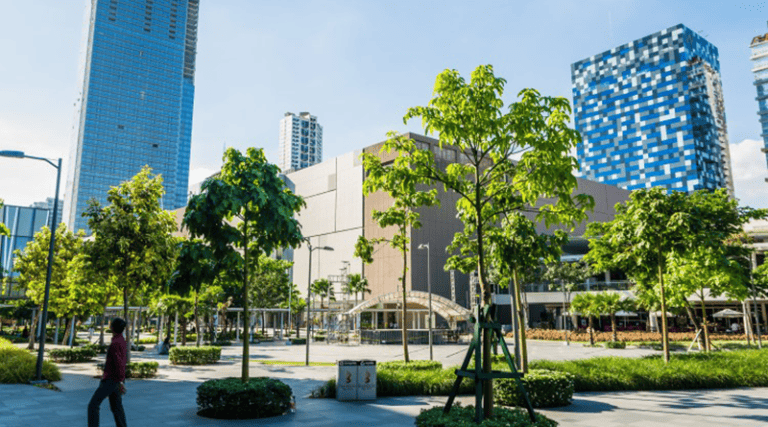
Being aware and being informed of the best practices in securing our digital banking is our first line of defense.
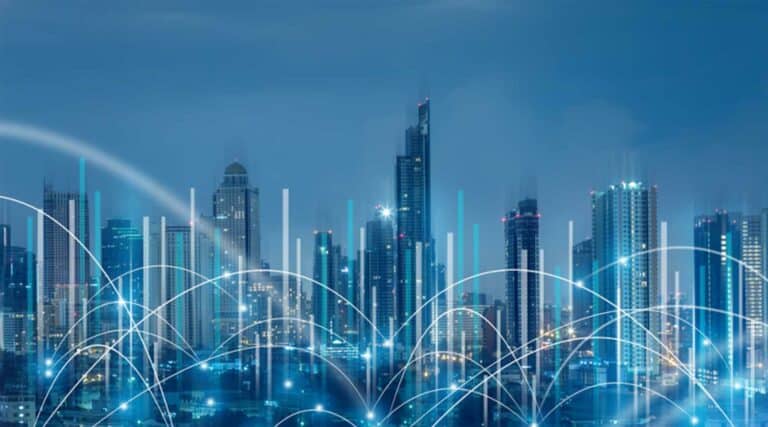
Much like the 2019 edition of the Enterprise Blockchain Awards, the 2020 edition was something different but still innovative.
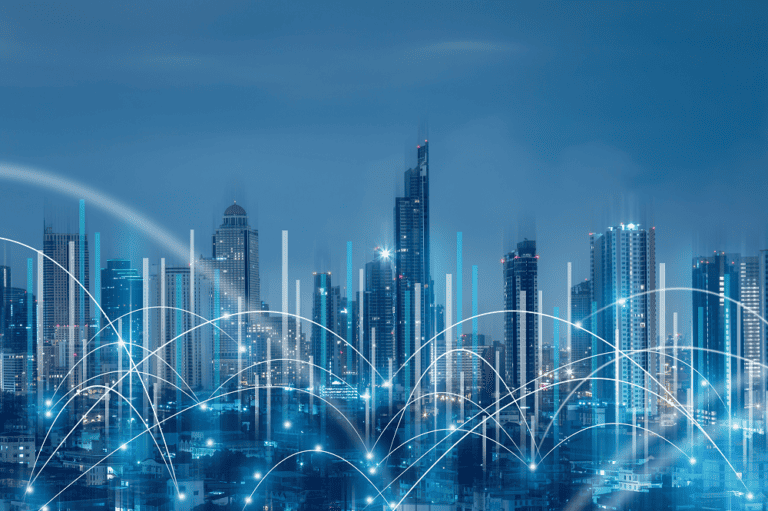
The harmonization of technologies such as Blockchain and Digital ID will enable trusted healthcare networks to collaborate more efficiently and swifter to stop the spread of contagious diseases.
With digital identity comes the potential to extend finance to the traditionally unbanked and when people or communities are given a chance to contribute economically, we’re truly building an inclusive nation.
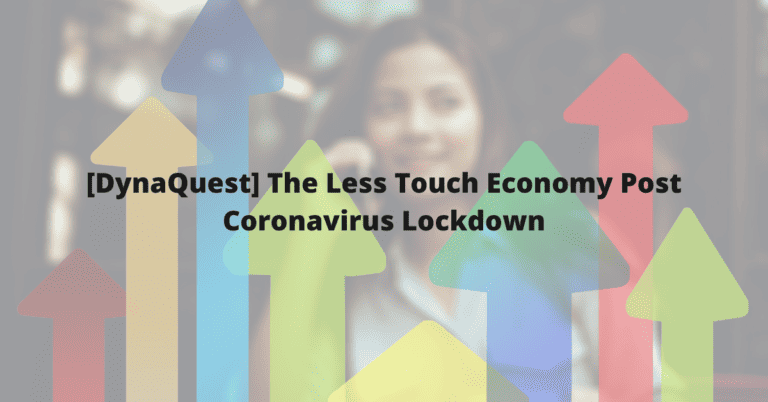
Shoring up digital infrastructure to enable more digital transactions will open up remote or hybrid working arrangements.
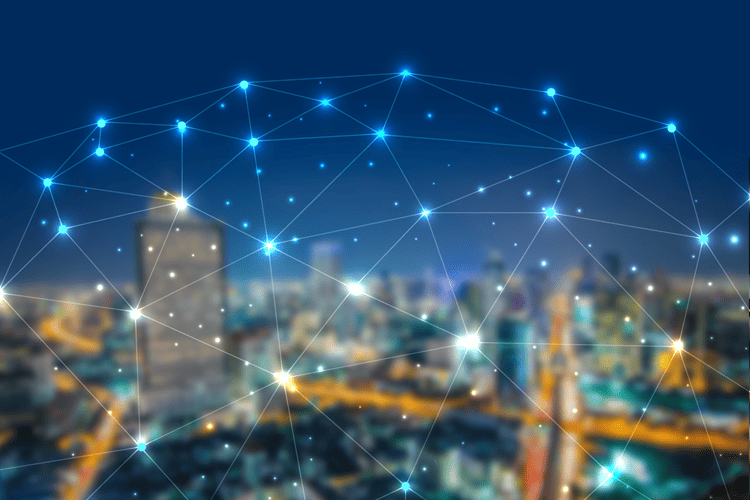
In combatting not only the coronavirus and the cascading misinformation, companies are turning to Blockchain technology in order to make “trust” an aforementioned factor.
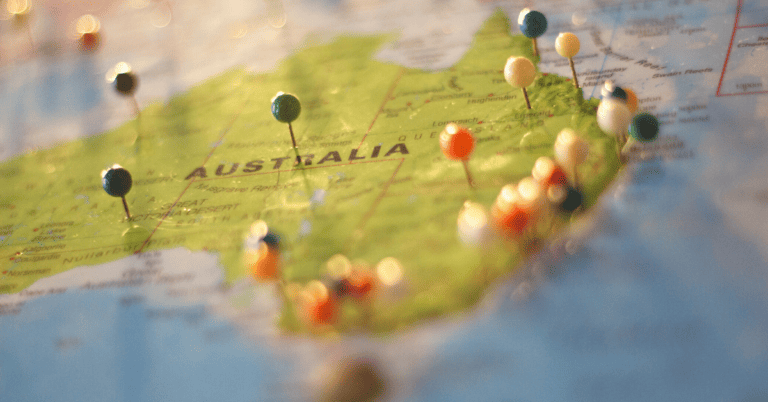
For the Philippines, a national consensus must be held as a summit where potential organizers of the national Blockchain model must be well-informed about the nation’s potential in the Blockchain economic sphere.
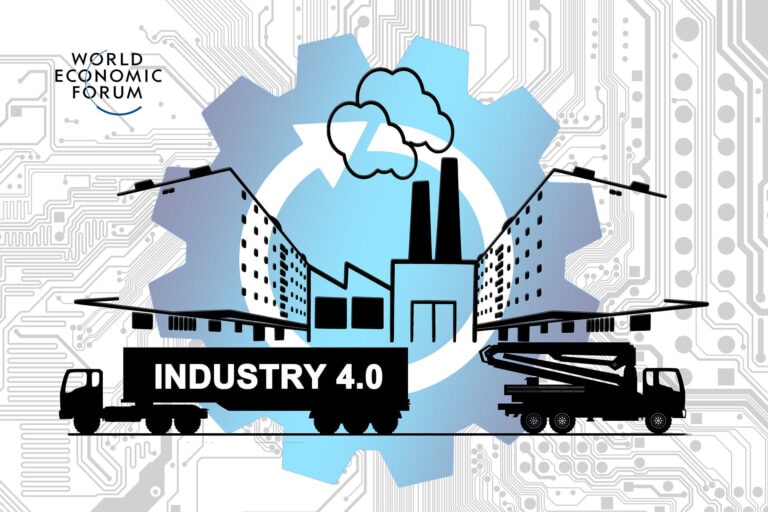
In Davos, the World Economic Forum’s Global Blockchain Council unveiled a significant document for Blockchain: “The Blockchain Bill of Rights”, otherwise formally titled as “Blockchain Bill of Rights: Design Principles for a Decentralized Future.”
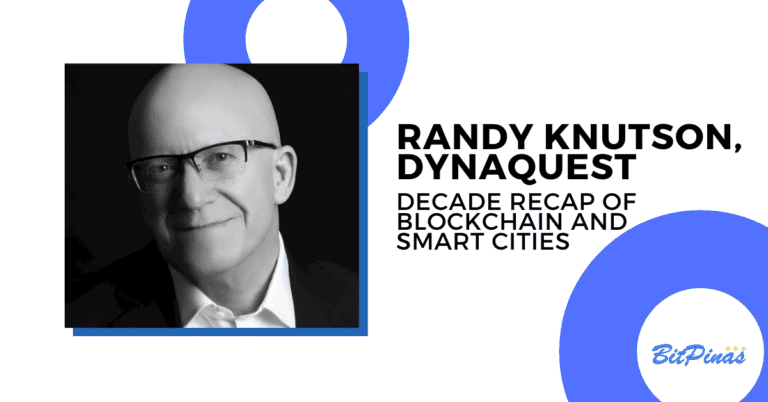
I believe that the scope and framework for the Philippine Smart Regions are already in place: We have regions that have their economic identity based on geography, abundance of natural resources and their domestic or international export commodities.